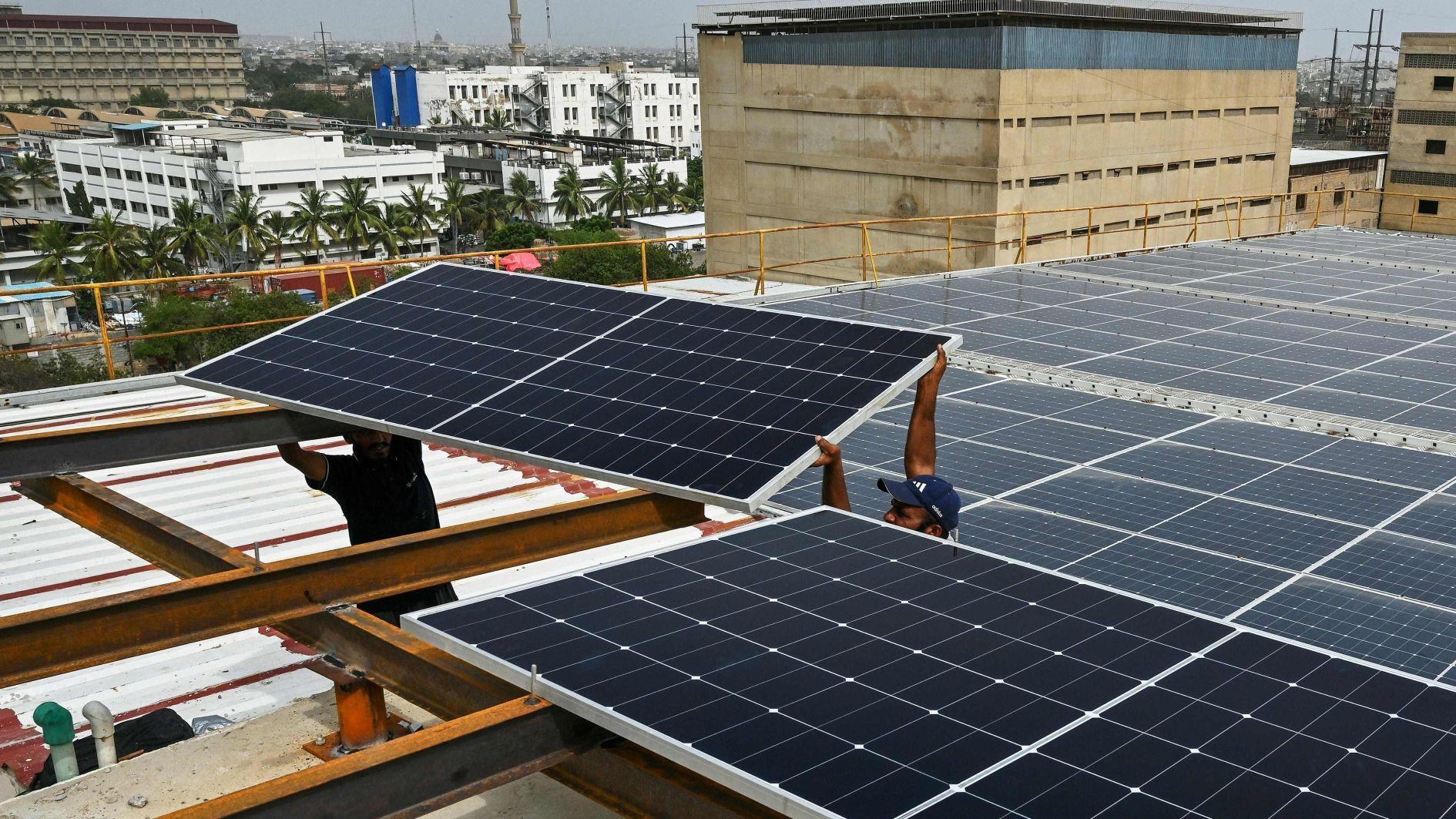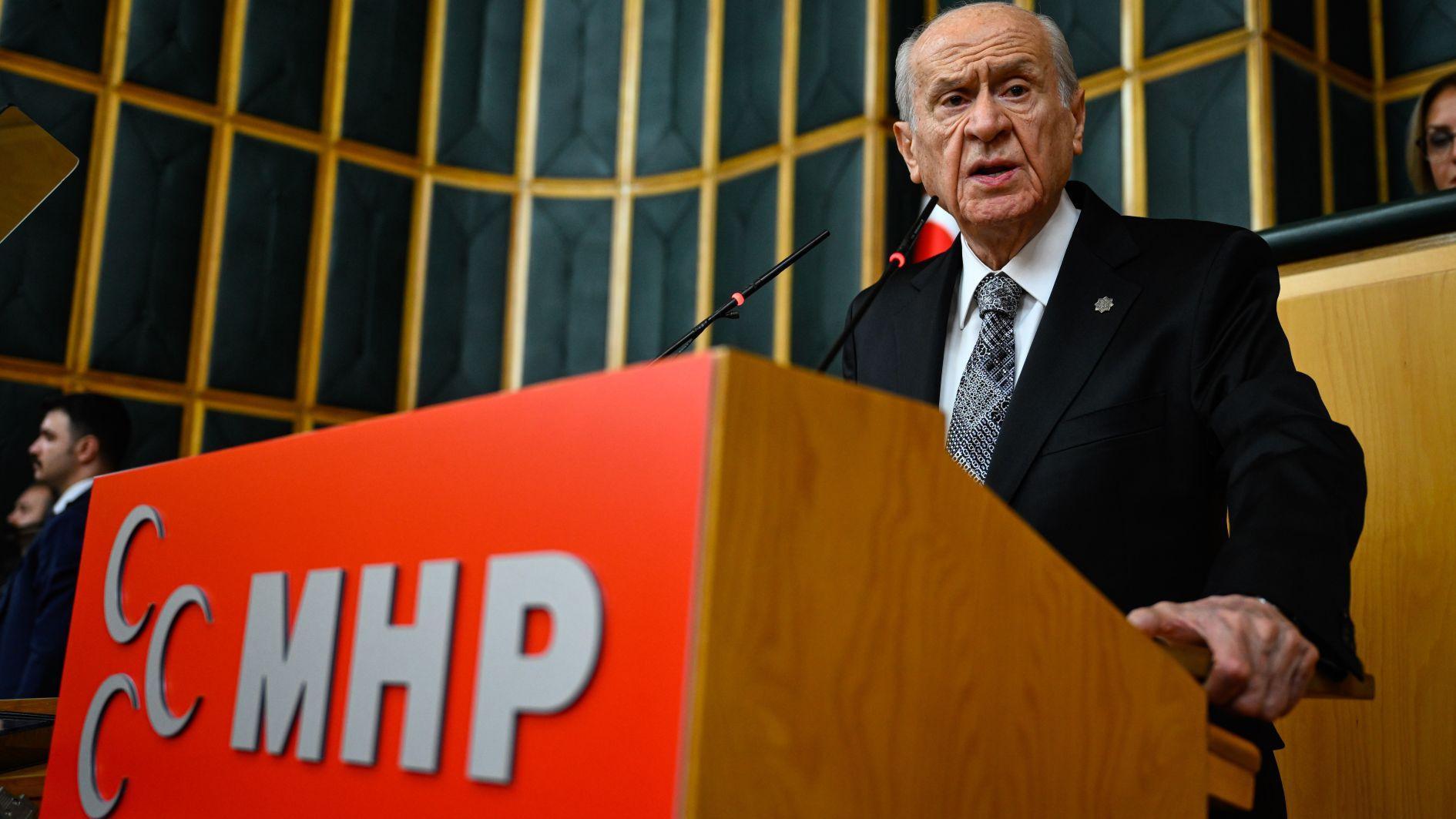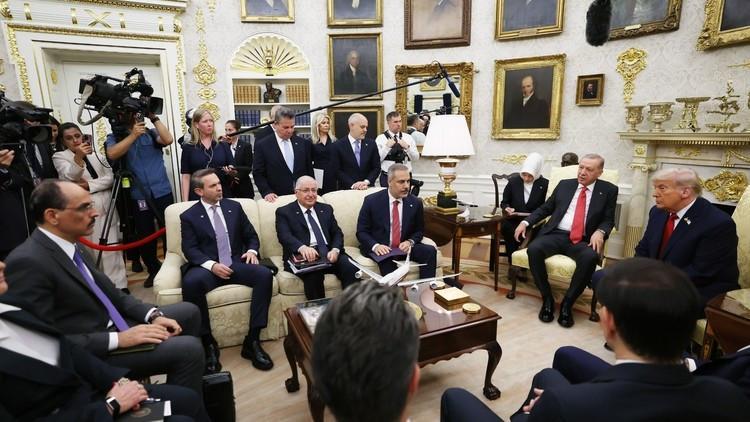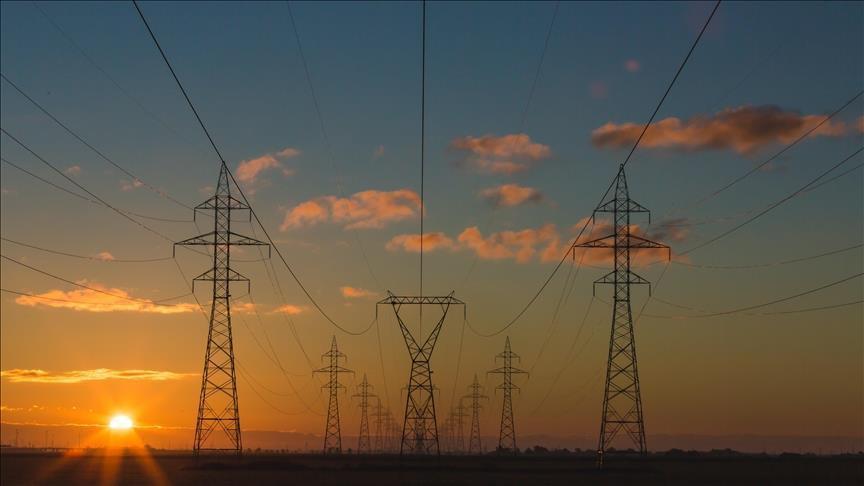Pakistan's quiet solar rush puts pressure on national grid
ISLAMABAD

Pakistanis are increasingly ditching the national grid in favour of solar power, prompting a boom in rooftop panels and spooking a government weighed down by billions of dollars of power sector debt.
The quiet energy revolution has spread from wealthy neighbourhoods to middle- and lower-income households as customers look to escape soaring electricity bills and prolonged power cuts.
Mounted on poles above homes, solar panels have become a common sight across the country of 240 million people, with the installation cost typically recovered within two to five years.
Making up less than two percent of the energy mix in 2020, solar power reached 10.3 percent in 2024, according to the global energy think tank Ember.
But in a remarkable acceleration, it more than doubled to 24 percent in the first five months of 2025, becoming the largest source of energy production for the first time.
It has edged past gas, coal and nuclear electricity sources, as well as hydropower which has seen hundreds of millions of dollars of investment over the past decades.
As a result, Pakistan has unexpectedly surged towards its target of renewable energy, making up 60 percent of its energy mix by 2030.
Dave Jones, chief analyst at Ember, told AFP that Pakistan was "a leader in rooftop solar".
Soaring fuel costs globally, coupled with demands from the International Monetary Fund to slash government subsidies, led successive administrations to repeatedly hike electricity costs.
Prices have fluctuated since 2022 but peaked at a 155-percent increase and power bills sometimes outweigh the cost of rent.
Pakistan sources most of its solar equipment from neighbouring China, where prices have dropped sharply, largely driven by overproduction and tech advances.
But the fall in national grid consumers has crept up on an unprepared government burdened by $8 billion of power sector debt, analysts say.
Pakistan depends heavily on costly gas imports, which it sells at a loss to national energy providers.
It is also tied into lengthy contracts with independent power producers, including some owned by China, for which it pays a fixed amount regardless of actual demand.
A government report in March said the solar power increase has created a "disproportionate financial burden onto grid consumers, contributing to higher electricity tariffs and undermining the sustainability of the energy sector."
Electricity sales dropped 2.8 percent year-on-year in June, marking a second consecutive year of decline.
Last month, the government imposed a new 10-percent tax on all imported solar, while the energy ministry has proposed slashing the rate at which it buys excess solar energy from consumers.
















